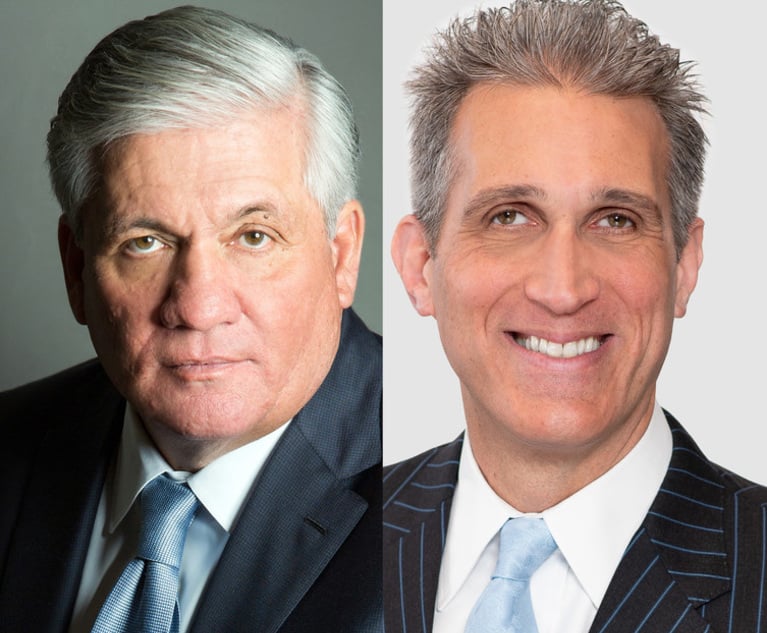As the Irish wit Oscar Wilde keenly observed “The pure and simple truth is rarely pure and never simple;” especially when litigating defamation cases. It is unusual that the social media, cultural zeitgeist is captured by civil litigation. Nevertheless, throughout April and May, the world was enamored by a civil trial in the commonwealth of Virginia’s Fairfax County Circuit Court captioned, Depp v. Heard, No. CL-2019-2022. To be sure, there have been previous contenders for the title of “trial of the century;” however, the vast majority of these cases (think, Minnesota v. Chauvin, Florida v. Anthony, and of course, in the 20th century, The People of the State of California v. Simpson) have all been criminal in nature.
While there are some similarities, civil cases have significant differences from their criminal counterparts. In this article, I want to briefly highlight some of the characteristics of civil litigation that were prominently displayed on our social media feeds this spring in the context of the dueling defamation claims brought by Johnny Depp and Amber Heard.


 Keith Peterson of Griesing Law. Courtesy photo
Keith Peterson of Griesing Law. Courtesy photo




